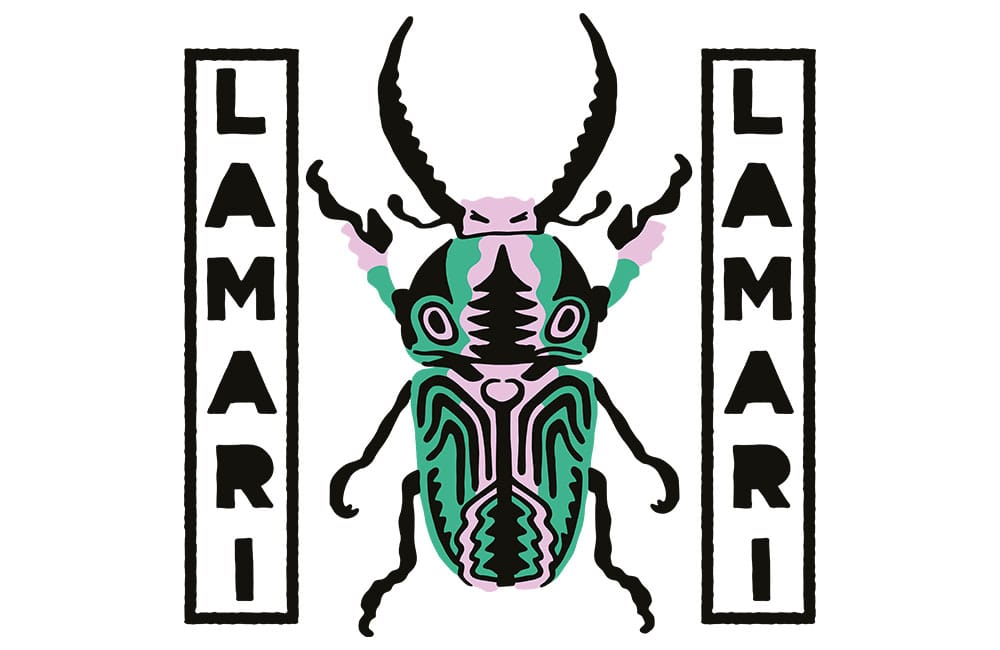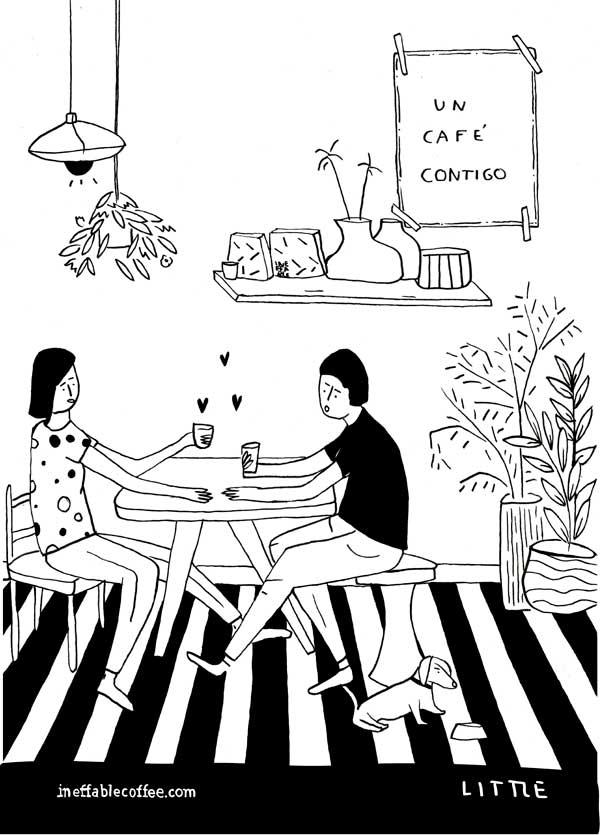Espresso
| Eastern Highlands | |
| 1,700 – 2,000 msnm. | |
| Arusha, Bourbon, Typica | |
| Washed | |
| Smallholders |
In this country, almost at the antipodes of where our roaster is located, and at an altitude of between 1,700 and 2,000 meters above sea level, we find terraces where coffee is grown on small plantations.
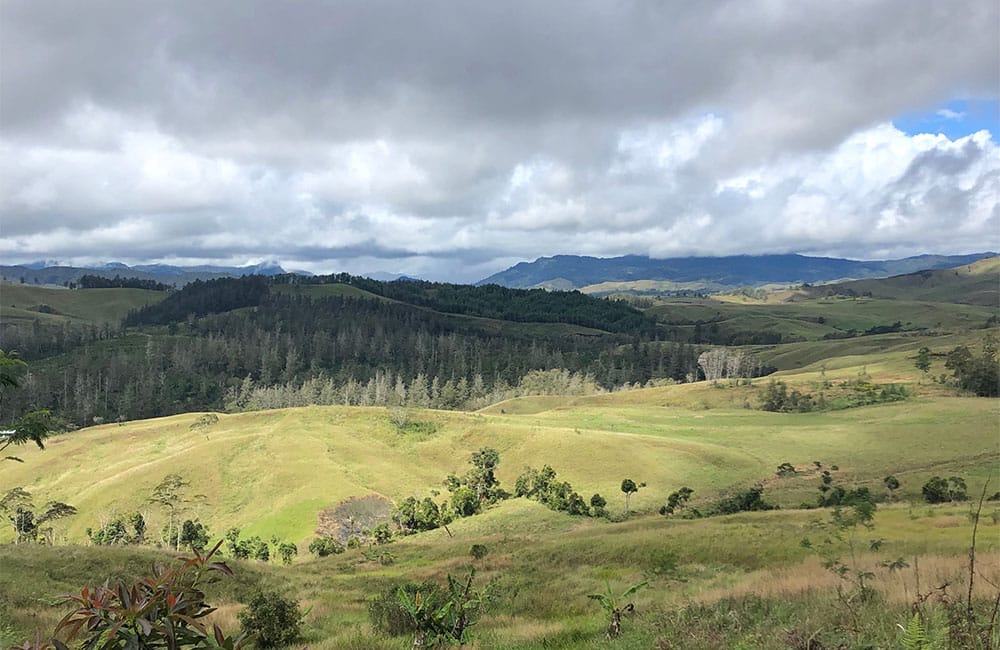
Aunque el café no ha sido un cultivo tradicional en este país, sus condiciones climáticas, la altura en algunas zonas y la calidad de la tierra, con un gran componente volcánico (aún hay volcanes activos en el país), auguran un gran futuro para el café de especialidad.
No en vano, la vecina Indonesia es famosa por el café de Java, así como por algunas producciones recientes de café de especialidad.
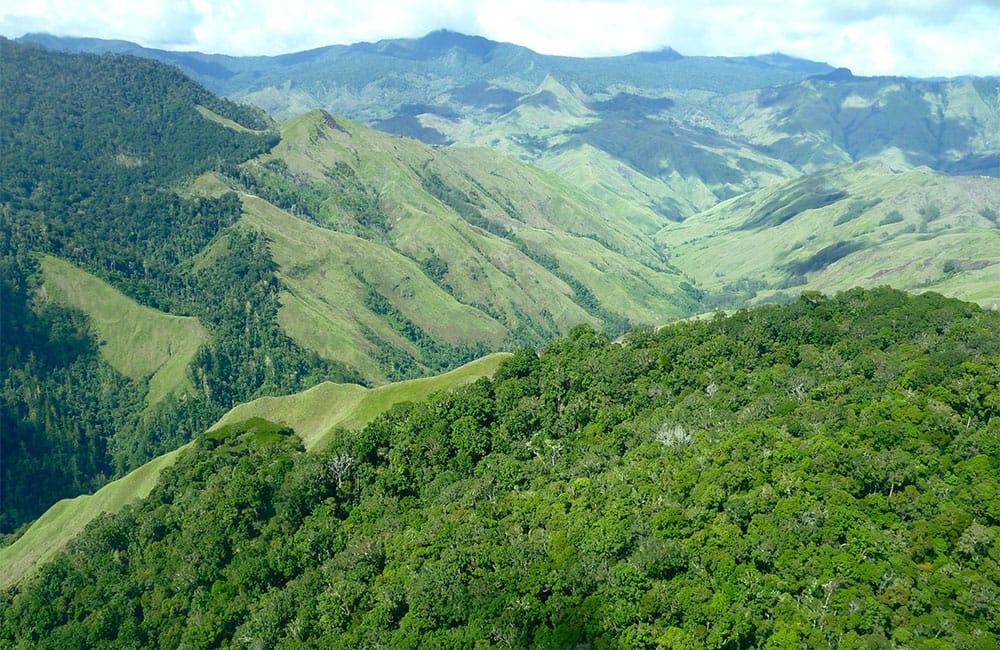
The history of coffee in Papua New Guinea
La introducción del café en Papúa Nueva Guinea está directamente relacionada con el pasado colonial del país.
El primer registro oficial de café en la región se encuentra en un informe del gobierno colonial británico de 1890, justo en medio del poder comercial de Forsayth.
En 1897, Variarata, una nueva plantación en las afueras de Port Moresby (la capital de Papúa Nueva Guinea) y un poco al noroeste de Rigo, había plantado 20.000 árboles de Arábica.
Cuatro años más tarde, en 1901, poco después de que los árboles comenzaran a dar cerezas, la producción comenzó a exportarse a Australia.
Pero no fue hasta finales de la década de 1920 cuando los dueños de estas y otras pequeñas plantaciones hicieron un gran esfuerzo para aumentar la producción a un nivel comercial.
Gran parte de este crecimiento se debe a los pequeños agricultores de las Tierras Altas, de donde procede este lote que hemos denominado “Lamari”.
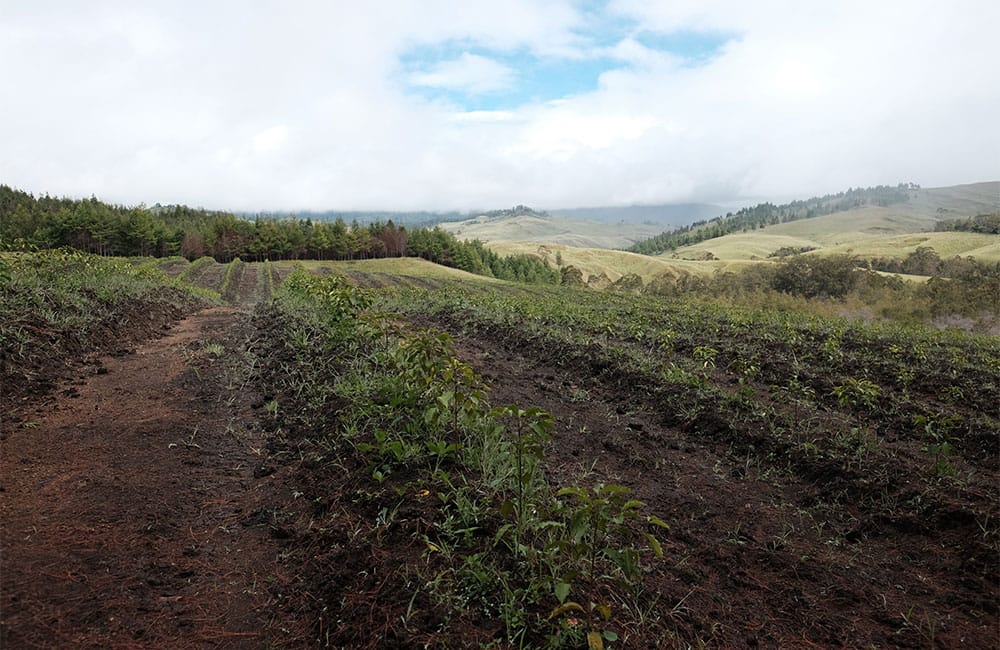
The ideal conditions of the Highlands for growing coffee
Most PNG farmers grow coffee on small intercropped plots of land, and it should be noted that in Papua New Guinea it has been particularly difficult to organize farmers into cooperatives.
This is due, in part, to the incredible diversity of tribes and languages.
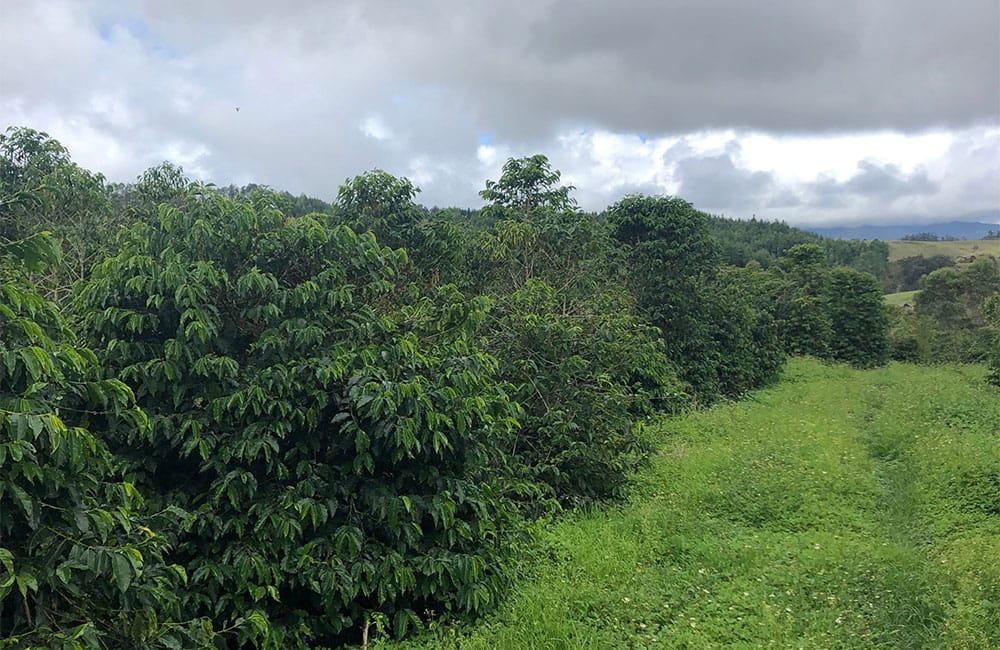
Coffee processing
Farmers pulp their cherries, usually with small pulping drums or other methods by hand.
The most common drying methods are sun drying on raised beds or tarps or mechanical dryers.
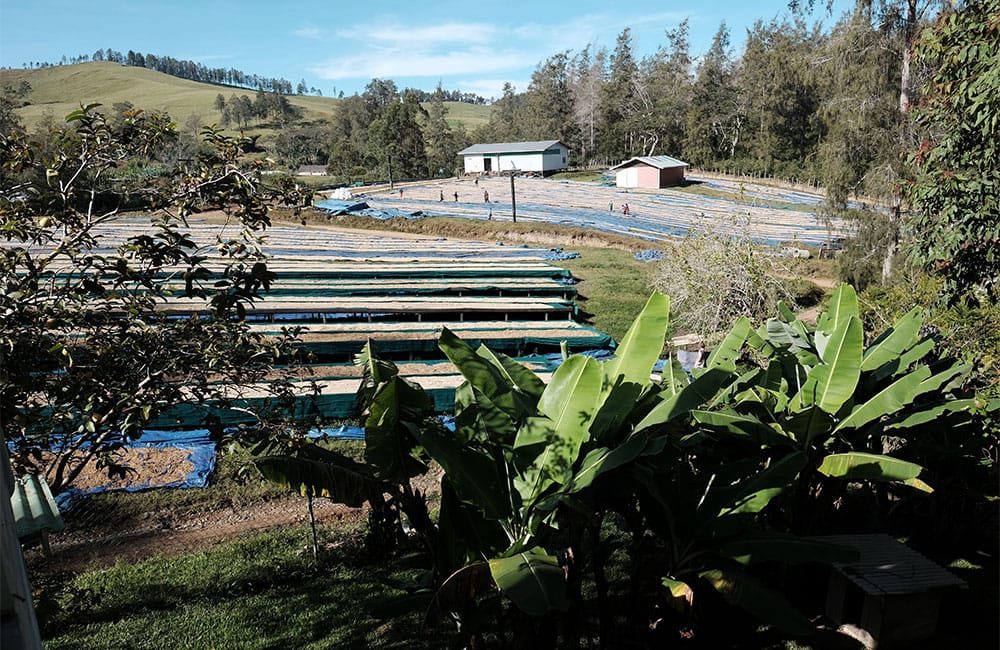
The impact of specialty coffee on the economy of the area
This happens with special virulence in rural areas, where a great part of the population lives and where 85% of the country’s coffee is harvested.
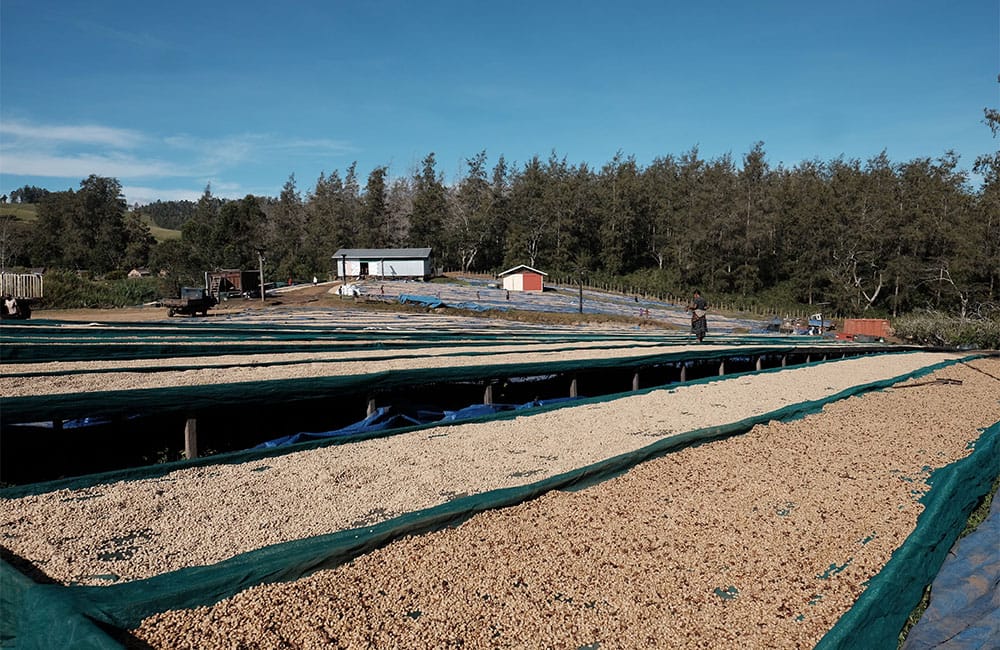
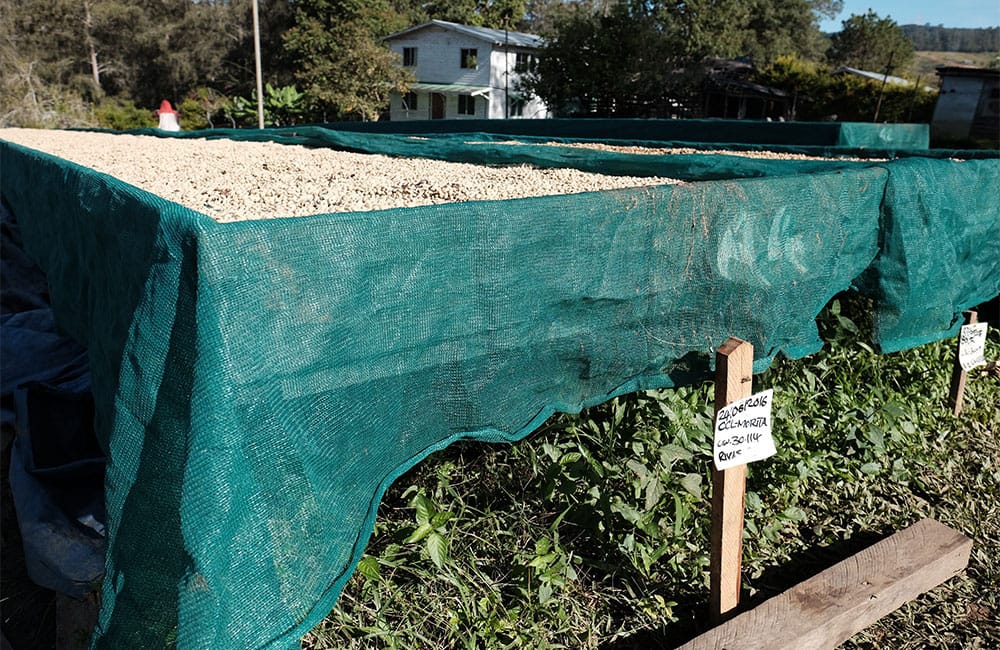
In this way they can also help their local communities to have a more dignified life.

